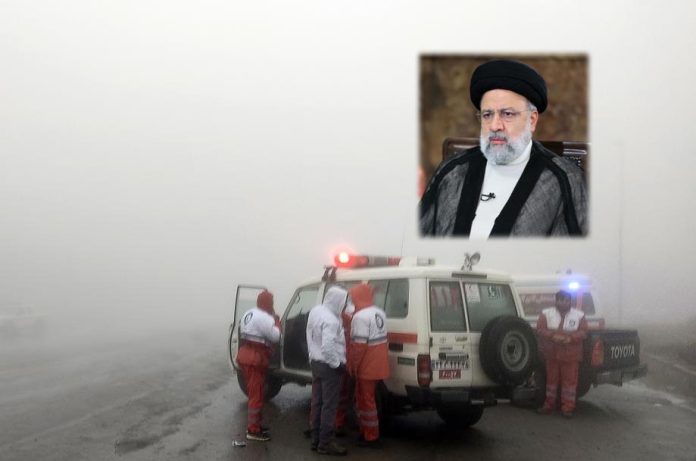The tragic death of Iranian President Ebrahim Raisi, Foreign Minister and several high-ranking officials in a helicopter crash marks a pivotal moment for Iran, both internally and externally. This incident comes at a time of heightened tension in the Middle East, underscored by the ongoing Israel-Hamas conflict, and amidst Iran’s contentious interactions with Western nations over its nuclear program and regional military activities. Raisi’s brief tenure was marked by significant actions that reverberated beyond Iran’s borders. His administration’s decision to enrich uranium to levels near weapon grade dramatically escalated tensions with the West, drawing widespread international condemnation. Concurrently, Iran’s support for Russia in the Ukraine conflict and its supply of drones to various militias exacerbated geopolitical frictions, reinforcing Iran’s image as a defiant actor on the global stage. Domestically, Raisi’s presidency faced profound challenges. The mass protests over economic woes and women’s rights issues highlighted the deep-seated dissatisfaction within the Iranian populace. The death of Mahsa Amini in 2022 and the subsequent brutal crackdown on protests underscored the regime’s repressive measures, drawing criticism from human rights organizations worldwide. Raisi’s death now leaves a leadership vacuum in the country.
The immediate aftermath of the crash saw First Vice President Mohammad Mokhber stepping in, as stipulated by the Iranian constitution. This swift transition aims to maintain stability, but the path ahead is fraught with uncertainty. Supreme Leader Ayatollah Ali Khamenei’s role will be crucial in navigating this period, particularly as speculation grows about his succession. International reactions to the crash were swift, with condolences pouring in from various countries, including India. For India, the loss of President Ebrahim Raisi is significant, as he maintained very cordial and friendly relations with the country. Just this month, India and Iran signed a historic deal regarding the Chabahar Port, underscoring Iran’s strategic importance to India in safeguarding regional interests against Pakistan and Afghanistan. This tragedy has created a substantial vacuum for India. Losing such steadfast political allies is a costly blow that will take time to get replaced.
Trending Now
E-Paper


